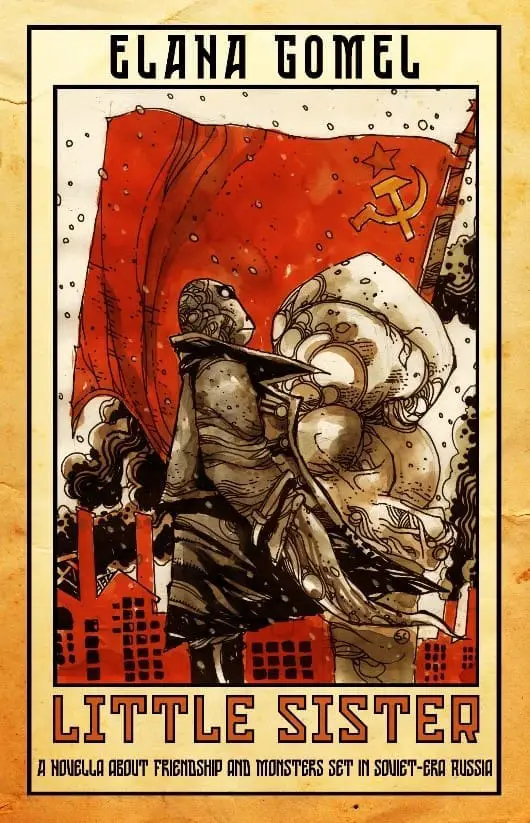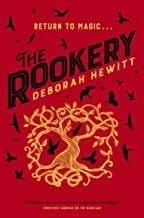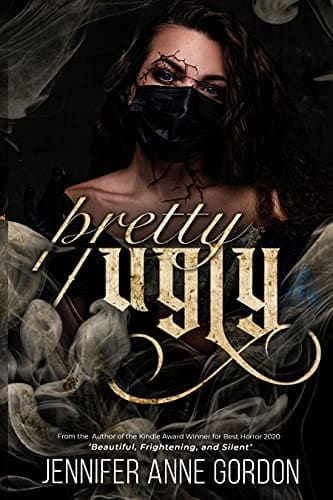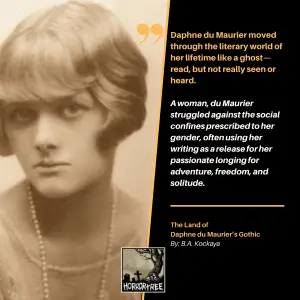Pretty/Ugly is a gorgeous, dream-like Gothic tale of past and future ghosts. I originally picked up this novel because I love Gothic horror, and Jennifer Anne Gordon’s previous work plays with Gothic conventions in interesting ways. Pretty/Ugly does not disappoint; I found it to be a lovely, terrifying Gothic tale that feels timeless and chillingly relevant. Gordon weaves a compelling, bittersweet narrative of grief, loss, and trauma in a world full of restless spirits, crumbling houses, and decaying bodies. Her novel is Gothic horror at its best, and I love the fresh ways in which she incorporates classic themes and elements into the story.
To Omelia and Sam, the past is more concrete than the present or future. They refuse to let go of their guilt over their childhood traumas, which work in tandem with the new virus that’s infecting people like wildfire to influence how and who each of them chooses to be. Guilt and trauma hinder their every move, to the point that they are unable to view anyone in their lives as anything but ghosts. Omelia’s relationship with Paul is marred by her guilt over her father and what she finds in Paul’s photo album; she can’t see him in any other terms but the past. Similarly, Sam’s relationships with his family and with Simon are infected by Sam’s obsession with the past, represented by the bell which only he can hear—until he meets Omelia/Nicole.
From the ghosts haunting its pages, to Omelia’s reading material and makeup styles, the Gothic shapes the characters’ choices and creates the framework through which Gordon terrorizes them, forcing them into situations of existential dread. While the overarching plot is quite simple, the character development is rich and complex. The constant psychological agony each character faces, set against the backdrop of an unknown deadly disease, moves the plot forward quickly, leaving the reader breathless by the final page.
As with most Gothic horror, relationships, and a preoccupation with the domestic, are the essence of Pretty/Ugly, though I also feel that at its heart the novel is a powerful, yet unconventional, love story. The novel doesn’t focus on romantic love. Instead, Gordon emphasizes not our need to love and be loved—though there is an element of this in Sam’s relationship with Simon, and Omelia’s with Paul—but, more importantly, our need to not be lonely. This felt so relevant given all that the world has been through in the past year of lockdowns, restrictions, and forced time away from loved ones.
Ultimately, for me, the centerpiece of the novel is Nicole and Sam’s relationship and how they navigate this in a world of shifting, literally masked identities. I love the contrast between these characters, too. On the one hand, Sam shuns the spotlight and wants to avoid attention whenever possible, yet stomps his way through the world; his character feels loud and substantial throughout the novel. Omelia, on the other hand, is obsessed with posting selfies, maintaining her online presence, and being seen, but for me, the word that feels most like Omelia is susurrus.
The novel shifts quite literally between past and present, but in many places, especially in the last third of the book, the tense shift was jarring and confusing. At times, I found myself reading through entire paragraphs multiple times to understand what was happening. It left me wondering whether this was an intentional technical choice on the author’s part, or a proofreading error. This is my only complaint about the book, though.
I wouldn’t call the ending happy, but it is hopeful, as much great Gothic literature is, and there are so many other wonderfully Gothic surprises peppered into the narrative. If you are looking for a timely story full of creeping dread and Gothic sensibilities, I highly recommend adding Pretty/Ugly to your list.
4.5 out of 5 stars

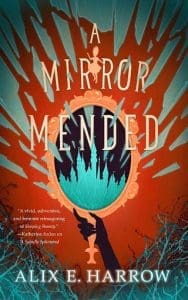


 What Horror Writers Can Learn from Horror Films
What Horror Writers Can Learn from Horror Films